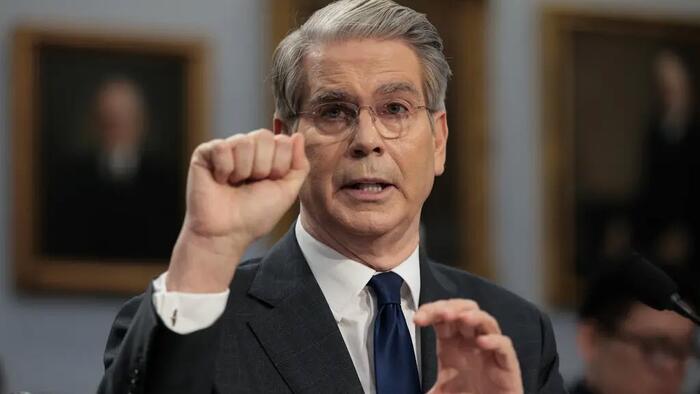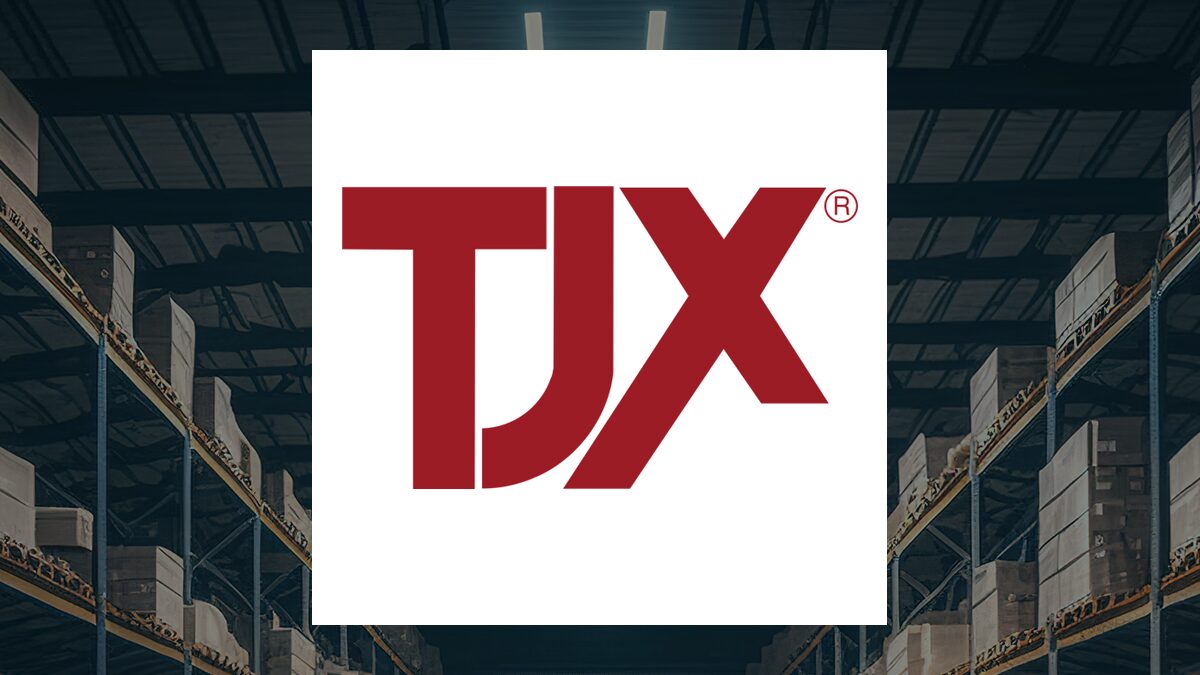Financial markets in the United States experienced a modest uptick on Friday, with the Dow Jones, NASDAQ, and S&P 500 closing approximately half a percentage point higher. This increase followed comments made by Donald Trump during an interview with Fox News, where he stated that elevated tariffs on China are not “sustainable.” Analysts suggest that this remark has led to a renewed appetite for risk among investors, although Bitcoin did not benefit from this trend.
While the markets reacted positively, Trump’s comments left some ambiguity regarding who would be affected by these tariffs. Notably, he did not address the broader implications of the economic relationship between the United States and China, which includes significant trade imbalances and China’s dominance over critical supply chains. Scott Bessent, the US Treasury Secretary, previously highlighted these concerns, asserting that China has significant leverage over global supply chains, effectively holding “a bazooka” against the industrial base of the free world.
Bessent noted that there is a possibility that the proposed additional 100% tariff on Chinese imports, set to take effect on November 1, 2023, may not be implemented. He indicated that this decision would largely hinge on an upcoming meeting between Trump and Chinese President Xi Jinping. This situation places the onus on Beijing to engage in discussions about rebalancing its economy toward domestic consumption and potentially easing restrictions on the export of critical minerals.
In the context of efforts to address vulnerabilities in US supply chains, new port fees on vessels owned and built by Chinese companies recently came into effect. Australian Prime Minister Anthony Albanese is scheduled to meet with Trump, aiming to discuss how Australia can assist the US in enhancing its rare earths supply chain. This meeting underscores the delicate balance Albanese must maintain—seeking US investment while minimizing offense to China, Australia’s largest trading partner.
As geopolitical tensions rise, Trump’s administration is also focusing on South America. Reports indicate that the Central Intelligence Agency has been active in Venezuela, with Trump suggesting potential land strikes to address the ongoing political crisis. The administration’s strategy appears to have shifted from merely combating drug trafficking to actively seeking to destabilize the regime of Nicolás Maduro, who presides over significant oil and mineral reserves.
In addition, Trump has linked financial assistance to Argentina to the political fortunes of presidential candidate Javier Milei in upcoming elections, signaling that US support may be contingent on his success. The administration has also halted aid to Colombia, accusing President Gustavo Petro of drug-related offenses, while Bolivia is poised to elect a right-wing government, reflecting a broader shift in the region.
The United States is actively asserting its influence in the Western Hemisphere, viewing it as part of its exclusive domain. This is evidenced by its tariff policies towards Brazil, which has strengthened ties with China, and its efforts to maintain naval supremacy in strategic waterways, including initiatives to enhance icebreaker capabilities in collaboration with Finland.
As the US continues to navigate complex geopolitical landscapes, it has also made notable strides in the Middle East, where it is countering Russian and Chinese ambitions. Recent developments include a reported new defense pact with Saudi Arabia and renewed interest in the Abraham Accords, as well as emerging trade opportunities with India.
Despite these geopolitical gains, significant trade imbalances persist, raising concerns about the sustainability of current policies. As markets react to the latest developments, investors are reminded of the unpredictable nature of trade relations, particularly as indicators such as the US goods trade balance will likely dictate future trends. As this complex narrative unfolds, the implications of Trump’s tariff comments remain a critical area for market watchers and policymakers alike.







